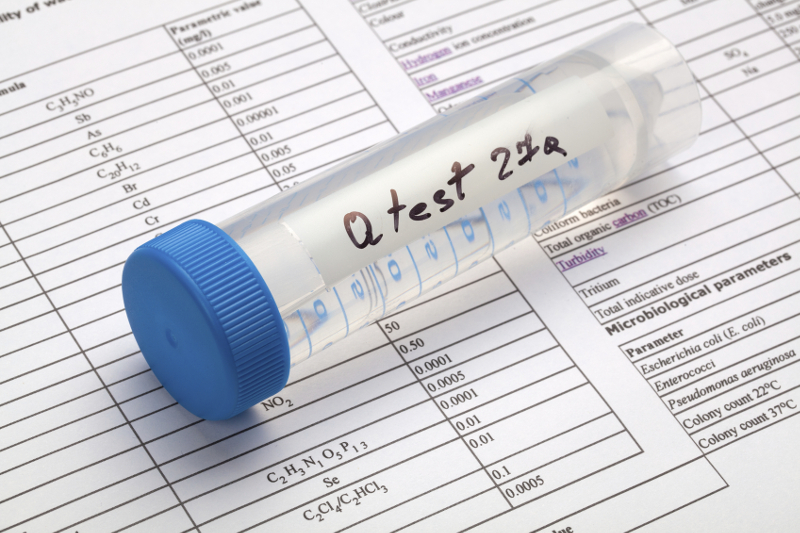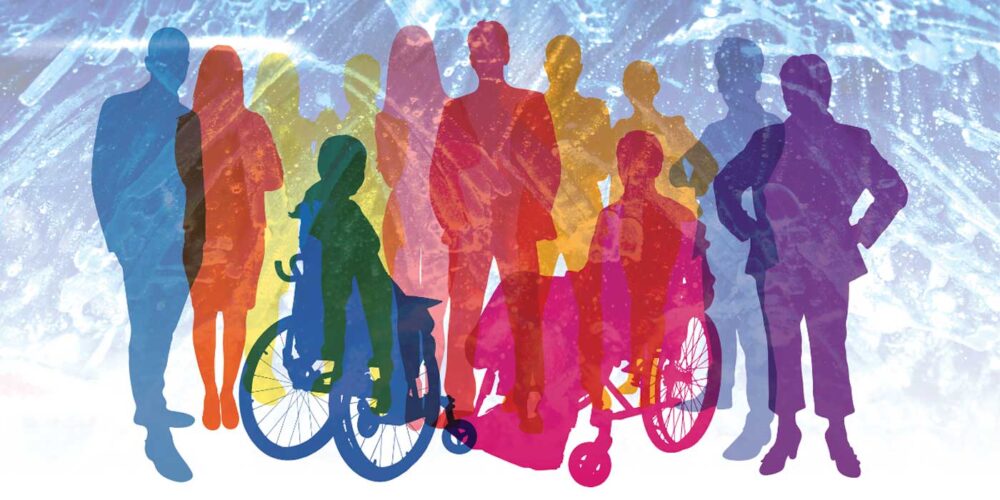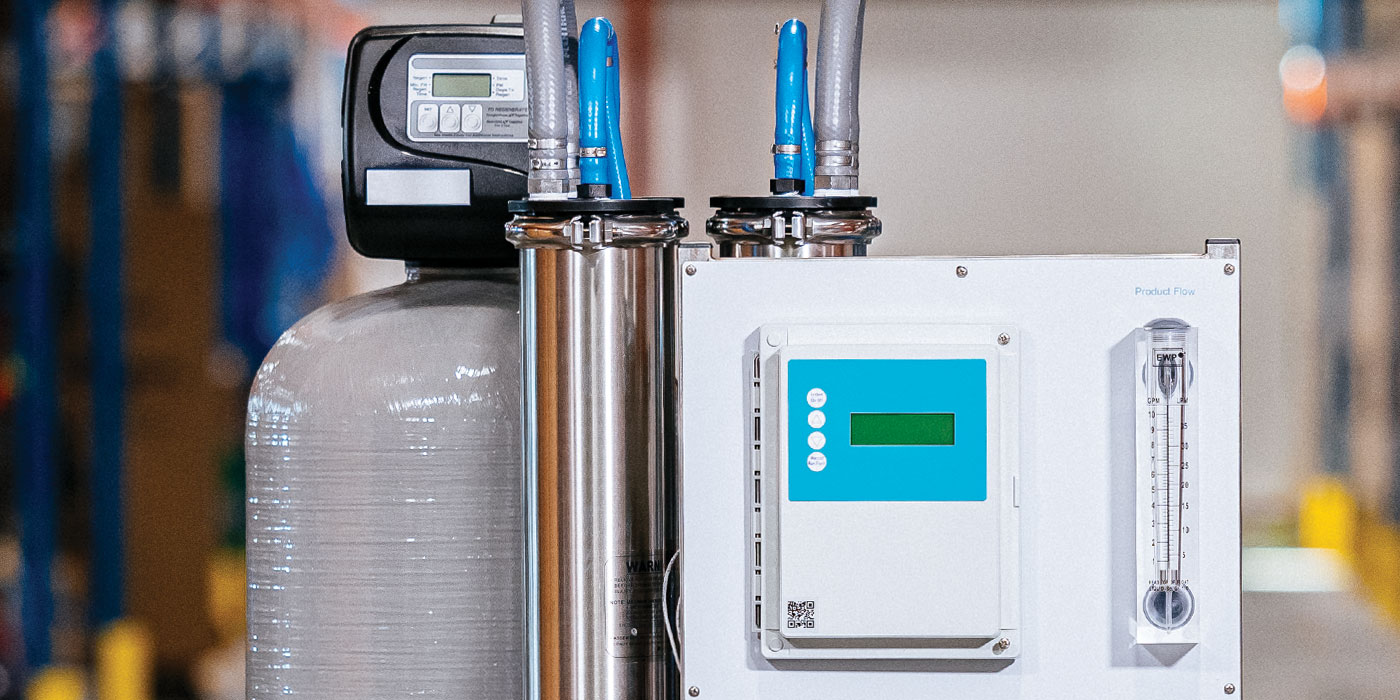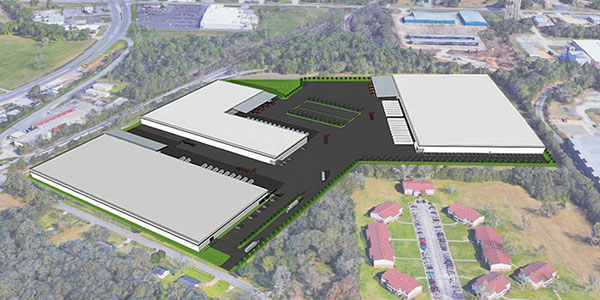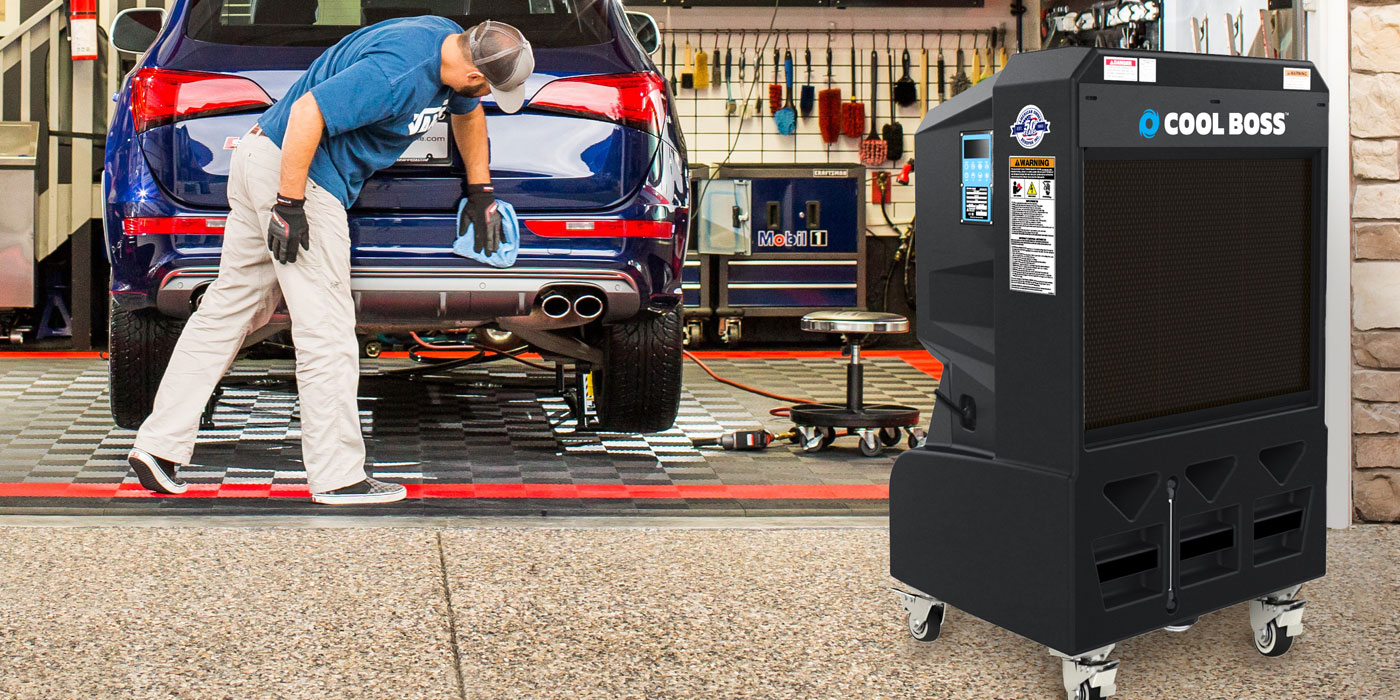Most carwashes rely on water to operate their businesses. And quite frankly, water quality plays an integral role in your business’ success.
Not only is water being used during the wash process, but it also has a direct impact on the longevity of wash equipment and the effectiveness of chemicals. In fact, water quality can drastically impact customer experience.
In short, you must get to know your water to truly run an effective, and lucrative, carwash operation. Do you know what’s in your water?
Water contaminant containment
Although the type(s) will vary by water source and by carwash, some of the most common water contaminants/concerns impacting carwash operations include:
- Water hardness, which is primarily comprised of magnesium and calcium but can include iron and manganese as well
- Total dissolved solids (TDS)
- Silica
- pH.
Potassium, iron, oil and surfactants are also generally found at carwashes. For the purpose of this article, however, we will principally discuss hard water and TDS.
“Calcium and magnesium hardness are probably the biggest [concerns] for carwashes. Hardness prevents soap from lathering by causing the development of an insoluble, curdy precipitate in the water; [and] hardness typically causes the buildup of (hardness) scale on/in plumbing fixtures and equipment,” explains Dwight Royal, CEO of Con-Serv Manufacturing.
Additionally, says Royal, water hardness requires more chemicals to be used during the wash process; and after drying, hard water can leave behind residue.
“During the wash process, hard water can hinder a chemical’s ability to clean, whereas soft water assists the surfactant’s ability to bond with the water and thus clean more effectively and efficiently,” adds Lanese A. Barnett, director of marketing for The Car Wash Companies: Tommy Terrific’s Carwash and TradeMark Carwash.
The effects of hardness often result in more equipment maintenance, increased soap costs and more needed labor to provide a quality wash, continues Royal, noting that other contaminants, such as metals and silica, can also contribute to water/equipment problems.
Similarly, TDS found in municipally supplied water, for instance, can significantly affect a carwash’s water quality.
“High concentrations of TDS force the equipment and applications to work harder to remove the minerals from the vehicle,” asserts Barnett.
TDS levels can vary by season, lake levels and weather, states Barnett; during periods of high heat and/or drought when lake levels are low, for instance, a higher concentration of TDS is present in the water source.
With that being said, TDS levels can also increase following a weather event when lake levels are high, she reports, adding, “After a heavy rain, water runoff from streets and other surface areas flush pollutants into the storm sewers and in turn affect water quality. Additionally, when tributaries are feeding into the source more rapidly, the water is churning and disturbing the solids that normally rest at the lake’s bottom, thus resulting in temporary increased TDS.”
Since the types and levels of contaminants vary, the only way to truly control your carwash’s water quality is to test it, then treat it accordingly.
Making the grade
In general, performing a water analysis is one of the first steps new owners and operators should take before they launch. This way, carwashes can quickly determine the treatment equipment and solutions needed to ensure high-quality water as soon as they open, says Royal; then, a proper testing/maintenance schedule can be effectively determined based on water volume and the constituents of concern. And oftentimes, he adds, inline meters can be installed to help prevent potential water problems.
Nonetheless, if you didn’t perform an initial analysis on your wash’s water source before opening your doors, it’s not too late; and a good rule of thumb, regardless of any prior analysis, is to regularly test your water and maintain equipment.
Group Editorial Director/Editor in Chief Rich DiPaolo explains in the article “Best practices in water testing,” featured in a past issue of Professional Carwashing & Detailing, how water hardness and TDS — along with other water concerns such as chlorine, iron and pH — can all be easily tested on-site. In fact, since testing water hardness is so easy, taking roughly five minutes to complete with a simple test tube kit, Barnett suggests testing water hardness on-site once per week.
Likewise, one expert interviewed in DiPaolo’s article notes that certain water conditions, such as pH, should be performed in the field rather than at the lab because water’s pH can substantially fluctuate over time. However, if a carwash is considering water treatment for the first time, testing through a professional lab is recommended.
Furthermore, in regards to TDS, Barnett explains that a water evaluation can be requested in most cities to determine a water source’s levels. However, field testing should still be performed. “Ask for the municipal water treatment facility level, and request a test performed on-site; even within a city, different areas may have varying TDS levels,” continues Barnett. “For example, older neighborhoods may have higher TDS levels from dated pipes leeching minerals into the water during the delivery process.”
To determine if your water’s TDS level is too high, or for any contaminant levels for that matter, reference federal and local drinking water standards. For instance, EPA reports that municipally supplied water should have no more than 500 parts per million (ppm) TDS in drinking water, notes Barnett.
Water quality treatment considerations
Without any water treatment solutions in place, asserts Barnett, you’re at the mercy of the municipal water supply. “Water is the single most important ingredient in our business,” she says. “In any type of cleaning, the quality of your water is critical, and we believe the investment in water treatment is worth it.”
Because different water sources can have different contaminants, states Royal, each contaminant in the water and its level of concentration may require multiple treatment solutions to make the water ideal for carwashing. “While a water softener may resolve hardness issues, if there is a high percentage of dissolved iron in the water a different type of treatment might be necessary. Oil/water separators would be used for oil and grease; other technologies like ultrafiltration, chemical dosing, flocculation, reverse osmosis (RO) and carbon filtration can also be used depending on the characteristics of the water,” he adds.
Barnett agrees, noting that although a water softener is highly efficient at removing hardness minerals, it doesn’t capture other contaminants and minerals and will not effectively address water spots on a car. To help minimize water spots, she continues, an RO system is often used as a “spot-free” rinse.
Yet above all, notes Royal, it’s important to remember that an all-in-one treatment solution doesn’t exist. “After a water analysis is performed, a water professional can help interpret the results and suggest the appropriate solutions,” he adds.
And when you do find the right treatment solution(s) for your operations, ensuring a positive return on investment isn’t difficult. “Profits are positively impacted by water quality due to a reduction in the amount of water required, better performance of soaps and detergents and less labor required on post wash activities and site maintenance,” states Royal.

